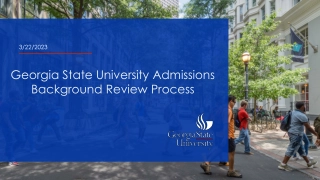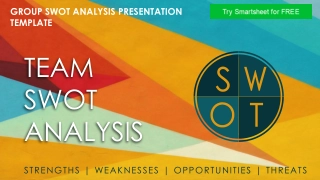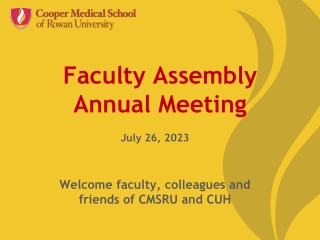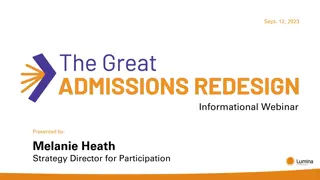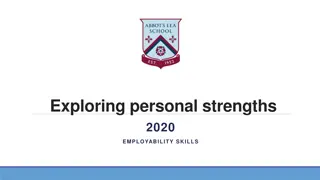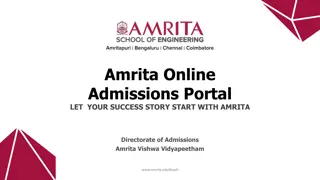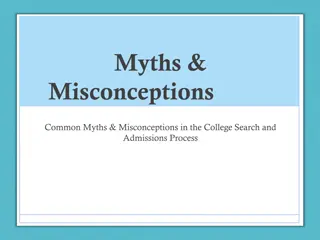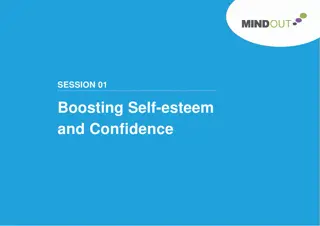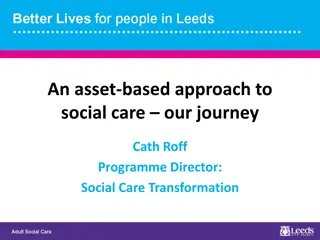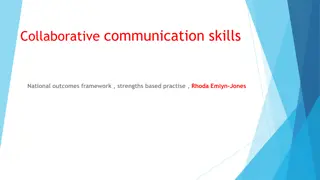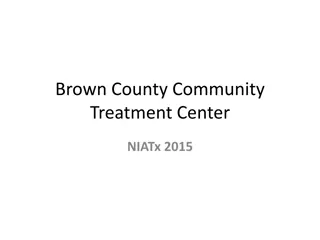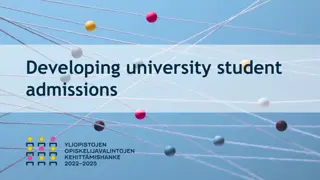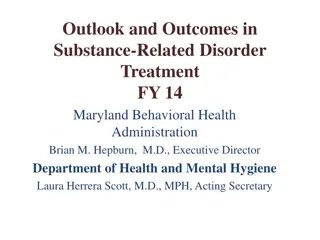
Graduate Admissions: Challenges, Bias, and Criteria
Explore the complexities of graduate admissions, including challenges faced by admissions committees, biases in the assessment process, and criteria used to evaluate applicants. Learn about the limitations of GRE test scores and the importance of considering a holistic approach in admissions decisions.
Download Presentation

Please find below an Image/Link to download the presentation.
The content on the website is provided AS IS for your information and personal use only. It may not be sold, licensed, or shared on other websites without obtaining consent from the author. If you encounter any issues during the download, it is possible that the publisher has removed the file from their server.
You are allowed to download the files provided on this website for personal or commercial use, subject to the condition that they are used lawfully. All files are the property of their respective owners.
The content on the website is provided AS IS for your information and personal use only. It may not be sold, licensed, or shared on other websites without obtaining consent from the author.
E N D
Presentation Transcript
Holistic Admissions Context, Strengths and Challenges November 8, 2017
Work of Admissions Committee --Application Form --GPA --GRE --Personal Statement --Letters of Recommendation Make-up of Admissions Committee --Faculty --Alumni --Community Representatives Background
Work of Admissions Committee is challenging large number of applications ---few spaces open to welcome new students to master s and doctoral programs ---financial pressures and realities ---limited time Who is the candidate most likely to succeed and excel in the program? How are differences weighed? Admissions Committee
Need to be clear and specific across programs and Graduate School ---What constitutes success in graduate admissions? ---What criteria is used to assess and evaluate applications? Need to acknowledge presence and operation of bias at individual and group level of committee and establish a transparent path to address it Some examples of bias --culture of program accept candidates only from certain universities --using goodness of fit to exclude difference --faculty seeking to replicate themselves Criteria
GRE test scores have been used as a primary criteria to identify & distinguish candidates who likely will succeed in graduate programs of study GRE test scores do NOT predict success in graduate programs According to GRE, test scores are predictive of success only in the first year of graduate study Bias in access of standardized test Bias with regards to applicants from lower SES communities, particularly communities of color GRE can be used a tool for oppression if used inappropriately---societal inequalities exist in terms of access to quality education and knowledge about and ability to pay for preparing for GRE. GRE Scores--limitations
Consideration of more than one criteriaseeks to listen to and take into account context of applicant s talents, skills, abilities as well as non-cognitive qualities and attributes and experiences Allows for more robust inclusion of applicants with diverse backgrounds, identities, and experiences conducive to the excellence of a world-class and public university HOLISTIC REVIEW Strengths
In what ways are faculty (research and teaching) involved in admissions processes? What value do letters of recommendation have? What weight is placed on factors such as undergraduate school the applicant attended? Or rigor of their academic program? How do admissions committees take into account grade inflation? What stakeholders serves on a committee? Do they meet in person? Are any in-person or telephone-based interviews conducted? Are there considerations of cohort admissions, particularly based on gender or race/ethnicity? What disciplinary differences exist in graduate admissions processes? How are we using GRE data to inform not just admissions but to identify appropriate pedagogies and areas of support? First generation students? URM students? Some considerations of this important work
Fear exists among facultyif GRE is dropped, we will lower the standards of our program. --In SSW, this was dispelled. Not requiring submission of GRE scores as part of the application to the Master s program of study led to higher mean GPA in successive cohorts of students in MSW program. What can we replace GRE with? How do we get buy in among colleagues and leadership for a different approach to graduate admissions? Fears and Concerns

